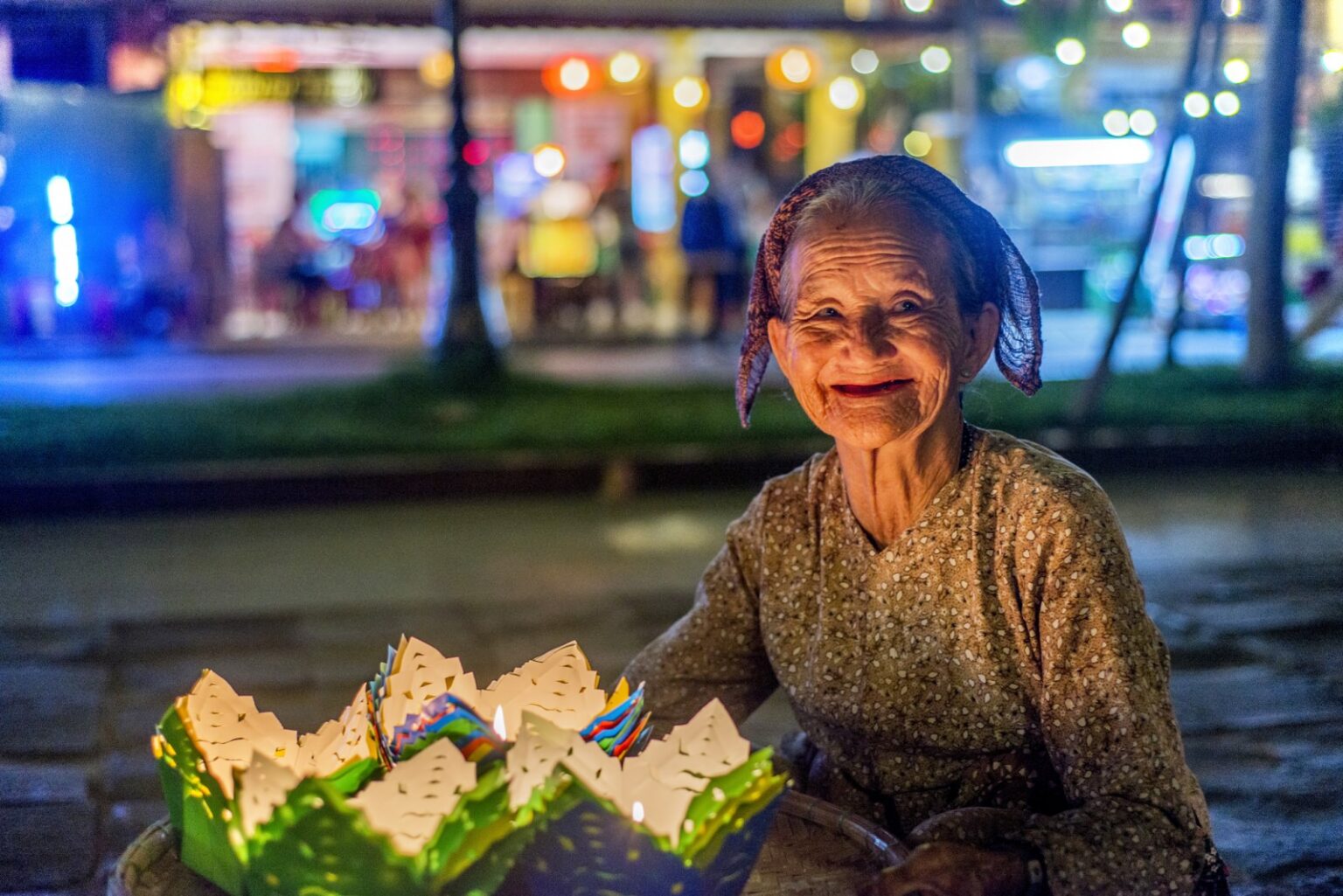When most people think of Vietnam, images of emerald rice fields, ancient pagodas, and vibrant street food often come to mind. But what truly lingers in the hearts of travelers long after their journey ends is something much more profound — Vietnamese hospitality.
In every corner of Vietnam — from the tranquil countryside to bustling cities — guests are welcomed not just with politeness, but with sincere warmth, curiosity, and a spirit of generosity that is deeply embedded in Vietnamese culture. This unique form of hospitality isn’t just part of the tourism experience — it is a living tradition, a social value, and, above all, a window into the Vietnamese soul.
In this article, we delve into the roots, practices, regional nuances, and global appreciation of Vietnamese hospitality, showing you why this Southeast Asian country is more than a destination — it’s a home for the heart.
1. The Cultural Foundations of Vietnamese Hospitality
a. Confucian Principles and Respect for Others
Vietnamese culture is heavily influenced by Confucian values, where hierarchy, family ties, and respect for elders play crucial roles. These values extend naturally to the way Vietnamese people treat guests. The phrase “Khách đến nhà là khách quý” (Guests are honored visitors) captures the essence of how warmly outsiders are received — as if they were members of the family.
b. Buddhism and Compassionate Living
The practice of Buddhism in Vietnam encourages mindfulness, kindness, and compassion. These qualities are reflected in everyday life — in how strangers help each other, how elders treat younger generations, and how foreigners are welcomed with a helping hand, even when communication is difficult.
c. Traditional Proverbs Reflecting Hospitality
Vietnamese language is rich with sayings that reinforce the importance of hospitality, such as:
- “Lá lành đùm lá rách” — “The good leaf covers the torn one,” referring to helping others in need.
- “Một miếng khi đói bằng một gói khi no” — “A bite when hungry is worth a whole feast when full,” implying that small acts of kindness in difficult times mean more than lavish gestures in times of plenty.
These expressions are not just quotes — they’re lived realities.
2. Everyday Expressions of Vietnamese Hospitality
a. Welcoming Smiles and Open Conversations
It’s common for locals to greet tourists with sincere smiles and open curiosity. Even in remote villages, people often wave or say “Hello!” in English, excited to make a connection.
b. Willingness to Help Strangers
From helping you find your way when you’re lost to offering recommendations or even walking with you to a destination, locals go above and beyond — without expecting anything in return. It’s simply in their nature.
c. Inviting Guests Into the Home
A foreigner may find themselves invited into a home for tea, a meal, or even a celebration. Such invitations are sincere. Hosts often treat visitors to home-cooked meals, introduce them to family members, and share stories of their daily lives.
d. Gift-Giving and Symbolic Gestures
Gifts are often small — a piece of fruit, a handmade craft, or a cup of strong Vietnamese coffee — but they carry deep meaning. Visitors are encouraged to accept these tokens graciously, as declining may unintentionally appear disrespectful.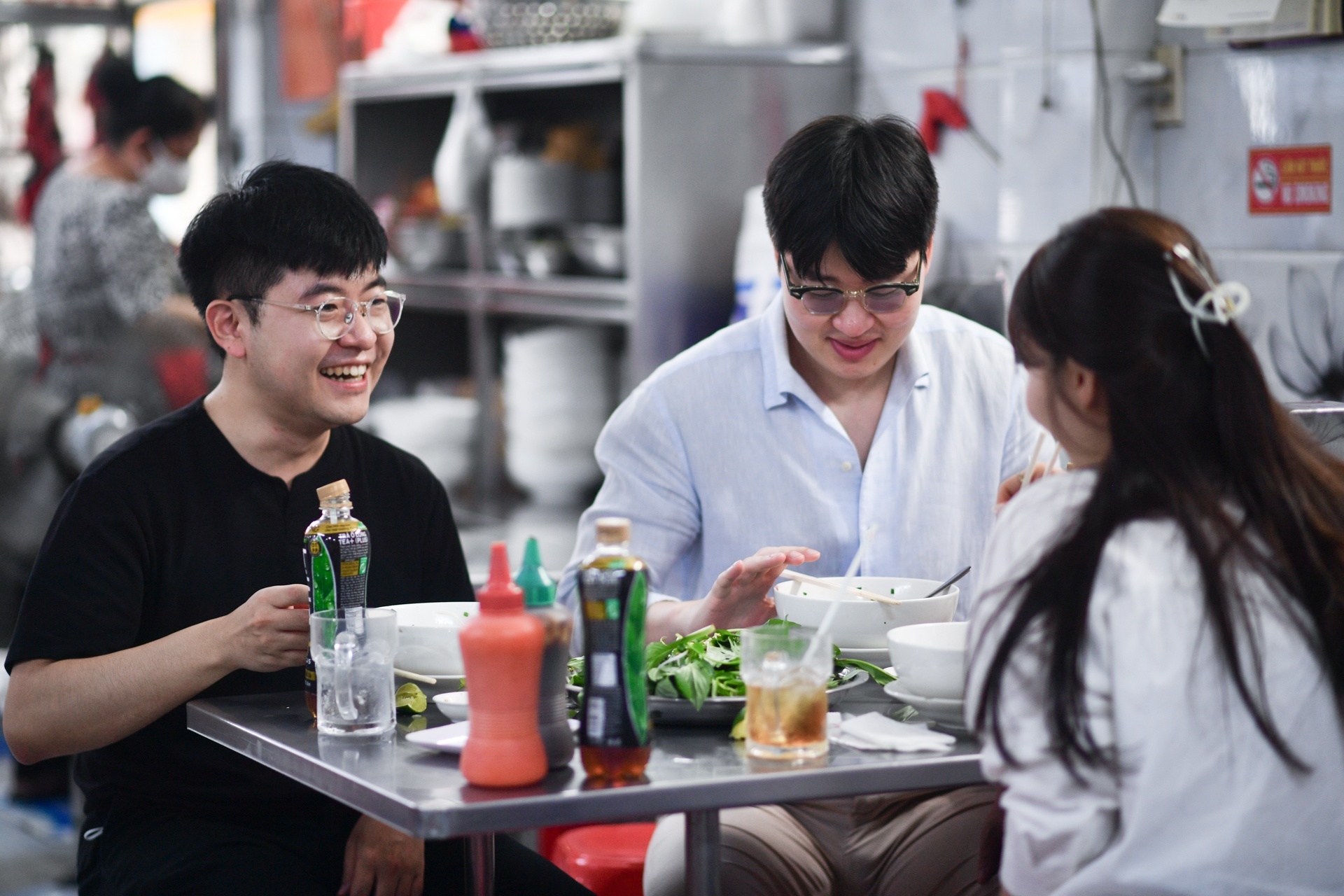
3. Regional Flavors of Hospitality Across Vietnam
Though hospitality is a national trait, its expression differs by region.
a. Northern Vietnam: Reserved but Deeply Genuine
In Hanoi and the northern provinces, people may appear more formal or reserved initially. But once trust is established, their loyalty and sincerity create lasting bonds. You may find yourself invited for tea, engaged in thoughtful conversation, or offered advice with great care.
b. Central Vietnam: Traditional and Humble
Regions like Hue, Da Nang, and Hoi An reflect the region’s deep historical roots and humility. People here often show hospitality through quiet acts — meticulous meal preparation, honoring local customs, and offering insight into Vietnam’s imperial past and folk traditions.
c. Southern Vietnam: Open-Hearted and Expressive
In Ho Chi Minh City and the southern regions, people tend to be more outgoing and cheerful. Strangers will engage in conversation at markets, offer free samples, or invite you to join them for drinks, often with the cheerful refrain: “Một, hai, ba, dô!” (One, two, three, cheers!).
4. Foreigners Reflect on Vietnamese Hospitality
a. Tourist Testimonials
Visitors from around the globe have shared glowing accounts of Vietnamese hospitality:
“When my motorbike broke down in the mountains of Ha Giang, a local family not only fixed it — they invited me to dinner and insisted I stay the night. I’ll never forget their kindness.” — Alex (USA)
“In Hoi An, I was browsing in a silk shop and ended up having tea with the owner’s family, learning how to wrap a traditional áo dài. It was the highlight of my trip.” — Clara (France)
b. International Delegations and Diplomats
During the 2023 Asia-Pacific Red Cross Conference in Hanoi, delegates were deeply moved by the attentiveness and warmth of Vietnamese hosts. They praised the country’s professionalism and, more notably, the authentic kindness expressed in every interaction — from airport pickup to volunteer coordination.
“Vietnamese hospitality isn’t just professional; it’s personal. It stays with you long after you’ve left,” shared a delegate from Nepal.
5. Homestays: Where Hospitality Comes Home
One of the most immersive ways to experience Vietnamese hospitality is through a homestay. Whether you’re living with the Tay people in the mountains of Sapa or staying with a fishing family in the Mekong Delta, you’ll gain insight into traditional ways of life.
What to Expect in a Homestay:
- Sharing meals with the host family
- Participating in daily chores (cooking, farming, fishing)
- Learning local customs, crafts, and language
These authentic experiences often lead to deep emotional connections — many visitors return years later, not as tourists, but as friends.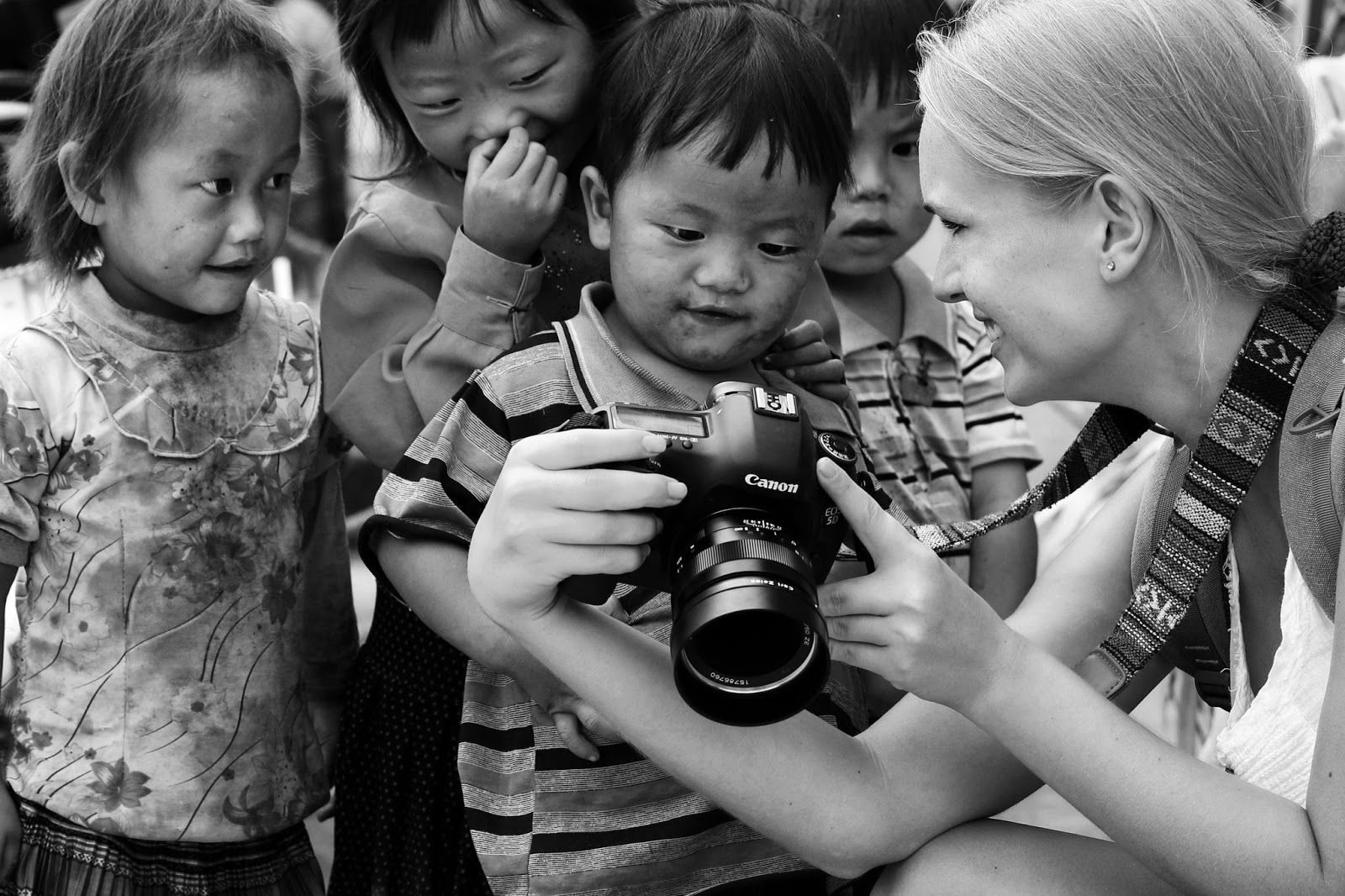
6. Hospitality in the Vietnamese Hospitality Industry
a. From Street Vendors to Five-Star Resorts
In Vietnam, service excellence is found across all levels — from the woman serving phở at a street stall who remembers your favorite topping, to the concierge at luxury hotels who goes the extra mile to personalize your experience.
Top hotels like JW Marriott Phu Quoc Emerald Bay and Nha Trang Marriott Resort & Spa are renowned not just for comfort, but for creating emotional experiences rooted in Vietnamese traditions of care and attention.
b. A Commitment to Sustainable and Ethical Hospitality
Vietnamese hospitality is evolving. Many businesses now embrace eco-friendly practices, such as:
- Eliminating plastic bottles in hotels
- Supporting local farmers and artisans
- Educating guests on cultural preservation
These efforts reinforce the idea that true hospitality extends beyond the guest — it includes the planet and the community.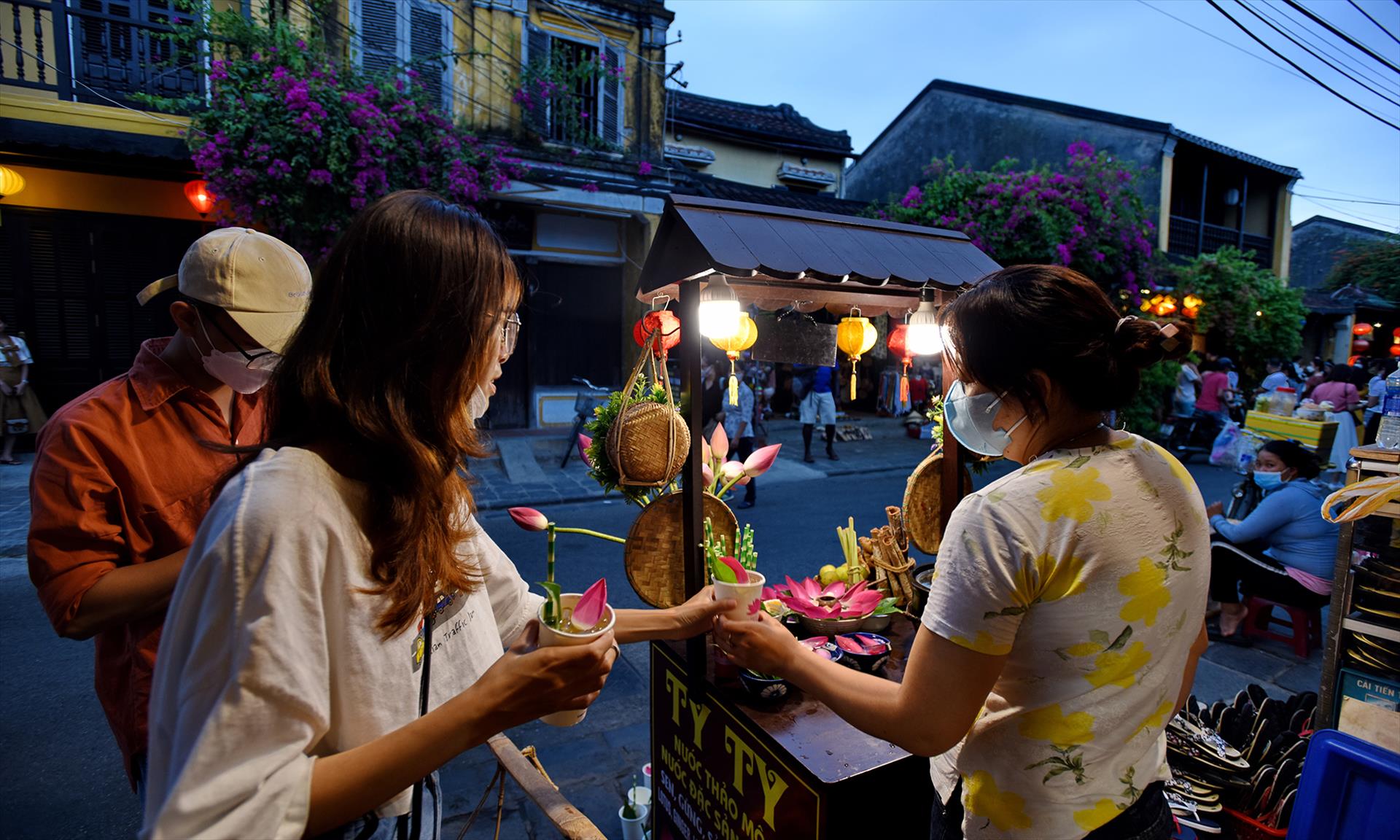
7. Hospitality in Vietnamese Celebrations and Festivals
Festivals in Vietnam are not just spectacles — they are communal expressions of unity and welcome. Tourists are often invited to:
- Celebrate Tet (Lunar New Year) with traditional food and rituals
- Join lantern lighting during Mid-Autumn Festival
- Witness ancestral worship at village temple festivals
These events offer a deeper understanding of how Vietnamese hospitality is practiced on a community-wide scale, often blending spirituality, tradition, and sheer joy.
8. Navigating Cultural Differences with Sensitivity
Though Vietnamese people are understanding and patient, it’s important for foreign visitors to show respect:
Do:
- Smile often and greet people with “Xin chào.”
- Remove shoes when entering homes.
- Accept offers of food or drink politely.
Avoid:
- Raising your voice in public.
- Touching people’s heads (a sacred part of the body).
- Refusing hospitality outright — if you must decline, do so gently.
Hospitality is a two-way street — showing interest and gratitude enhances your experience and honors your host.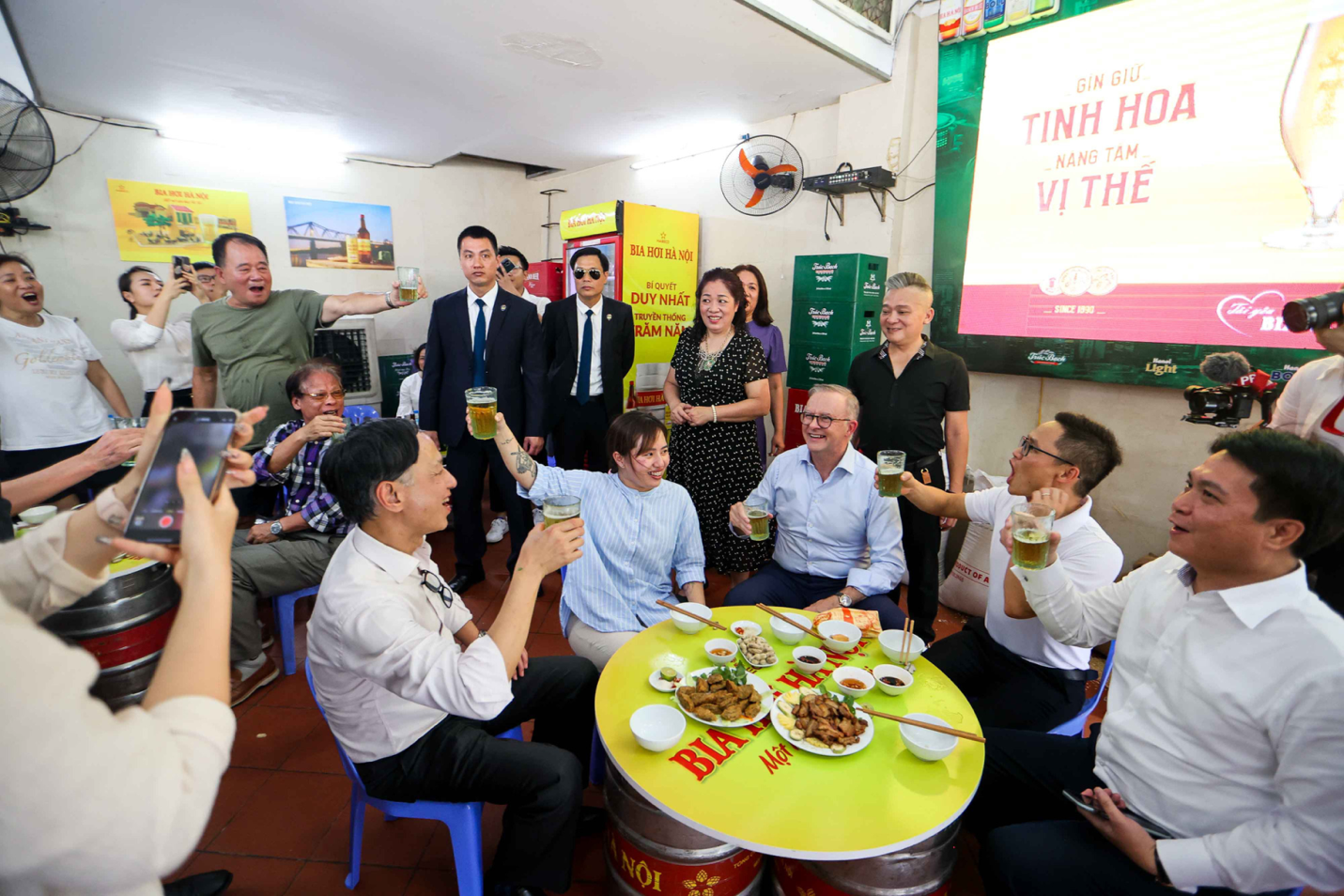
9. Why Vietnamese Hospitality Stands Out in the Global Landscape
While many countries pride themselves on being welcoming, Vietnamese hospitality is unique for several reasons:
- It is not transactional — most kindness comes without expecting tips or rewards.
- It is community-driven — everyone, from children to elders, participates.
- It is rooted in humility and honor, not just service standards.
In an age where authenticity is increasingly rare, Vietnam offers something profound: a sense of belonging.
Hospitality as Vietnam’s Cultural Legacy
Vietnamese hospitality is not a marketing gimmick. It’s an ancient tradition, passed down through stories, gestures, meals, and smiles. It’s the reason visitors cry when they leave, and why so many return.
If you’re planning a trip to Vietnam, come with curiosity. Be ready to receive kindness — and give it back. Whether you’re walking through the rice paddies of Ninh Binh, exploring night markets in Da Nang, or sipping coffee with locals in a Saigon alley, you’ll feel something deeper than tourism.
You’ll feel welcome Vietnamese hospitality with Vietnam Culture.
See more post: Vietnamese community festivals: A vibrant gateway into Vietnam’s soul

